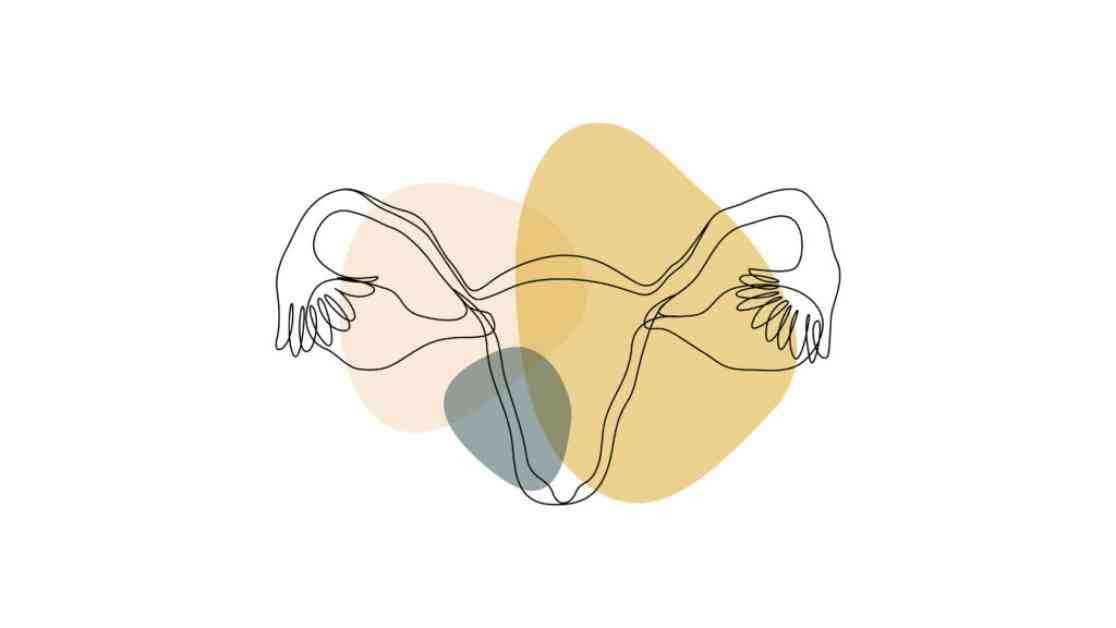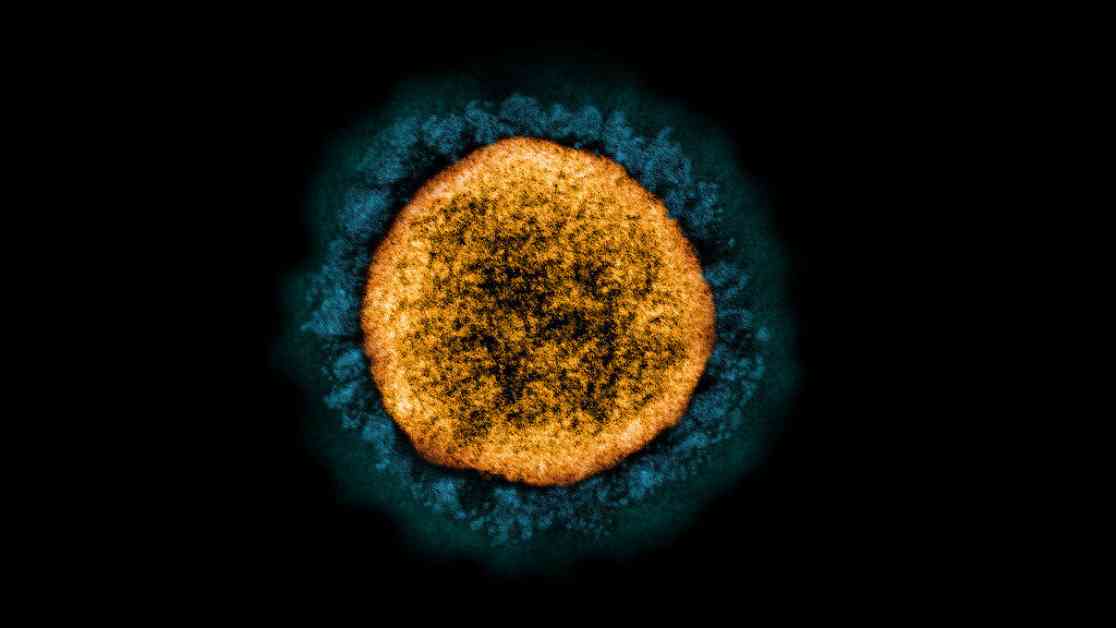Revolutionary Uterus Transplants: Over 70 Babies Born, Changing Lives
The field of uterus transplants has seen remarkable advancements over the past decade, with more than 70 babies born globally as a result of this groundbreaking procedure. The journey towards successful uterus transplants began with the first modern attempt in the early 2000s, which unfortunately ended in failure due to complications. However, in 2011, the first successful transplant took place, paving the way for a new era of reproductive possibilities.
One of the most significant milestones in this field occurred three years after the first successful transplant, when the first person with a transplanted uterus gave birth. Since then, over 70 babies have been born to recipients of uterine transplants, offering hope to women who previously thought they could never conceive and carry a child.
The Baylor University Medical Center Study
Baylor University Medical Center in Texas has been at the forefront of uterus transplant research, with almost a third of the babies born from transplanted uteri being delivered at their facility. A recent cohort study published in JAMA by Chief of Abdominal Transplant, Giuliano Testa, and his team analyzed the results from the program’s first 20 patients. The study revealed that all women who underwent successful transplants were able to have at least one baby, showcasing an extraordinary success rate.
The study also highlighted the importance of selecting the right uterus for transfer, with factors such as the donor having had a baby before, being premenopausal, and matching the blood type of the recipient playing a crucial role in the success of the procedure. While there were some initial technical failures in the early stages of the study, the team at Baylor has since refined their techniques, resulting in a higher success rate for subsequent transplants.
Challenges and Controversies
Despite the significant progress made in the field of uterus transplants, there are still challenges and controversies surrounding the procedure. Some bioethicists have raised concerns about the risks associated with uterus transplants, suggesting that alternative options such as surrogacy and adoption may be safer for both the patient and the fetus. However, advocates of uterus transplants argue that infertility is a disease that deserves treatment, and that women should have access to all available options for starting a family.
Another challenge facing uterus transplants is the cost, as the procedure is currently expensive and may not be accessible to all women in need. Additionally, more research is needed to understand the long-term effects of the procedure on both donors and recipients, as well as the children born from transplanted uteri.
The Future of Uterus Transplants
Looking ahead, the field of uterus transplants holds promise for further advancements and innovations. Many transgender women are hopeful that uterine transplants may one day be available to them, although more research and studies are needed to explore this possibility. Scientists are also considering the implications of uterus transplants in different hormonal environments, which will require additional research and testing before any clinical trials can be conducted.
As the Baylor team continues to publish their data and share their findings with the medical community, the hope is that more centers will join in the effort to advance the field of uterus transplants. With ongoing research and collaboration, the future looks bright for women who may benefit from this life-changing procedure.
In conclusion, uterus transplants have the potential to transform the lives of women who face absolute uterine-factor infertility, offering them the chance to conceive and carry a child. While challenges and controversies remain, the progress made in this field is a testament to the dedication and innovation of medical professionals working to expand reproductive options for women around the world.

















